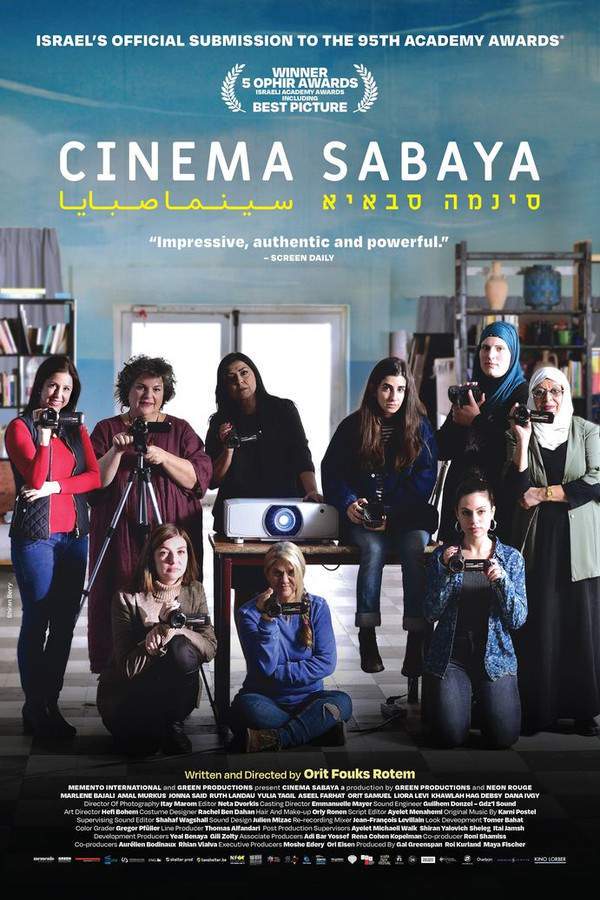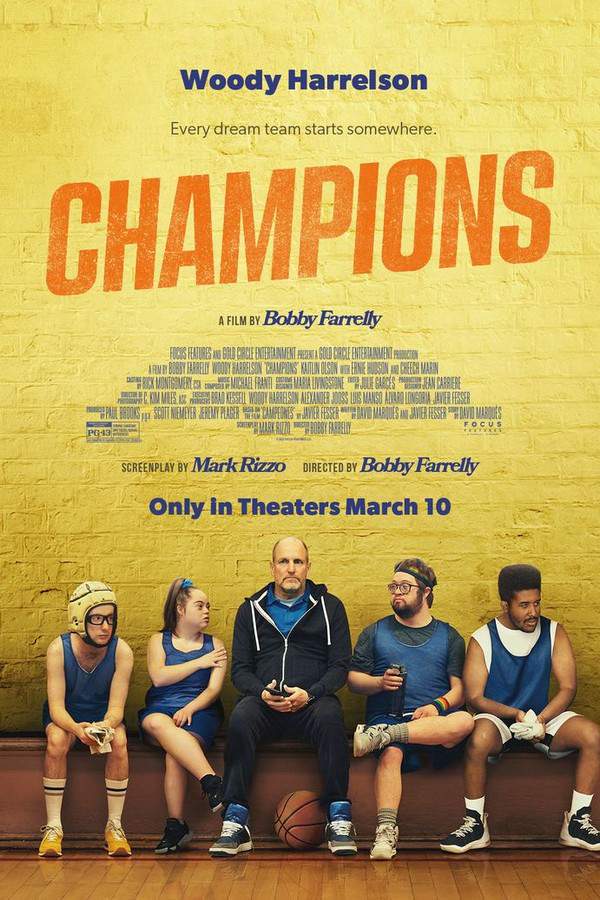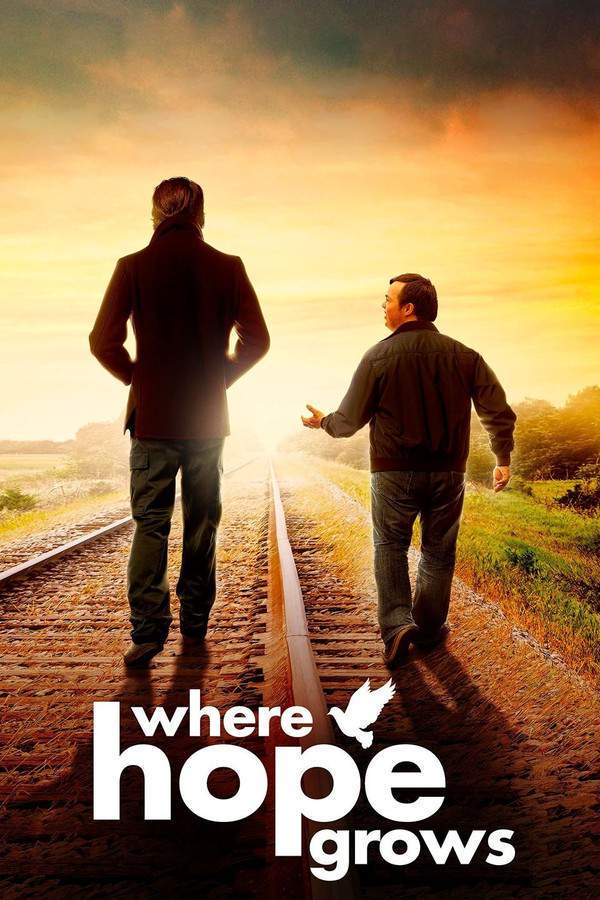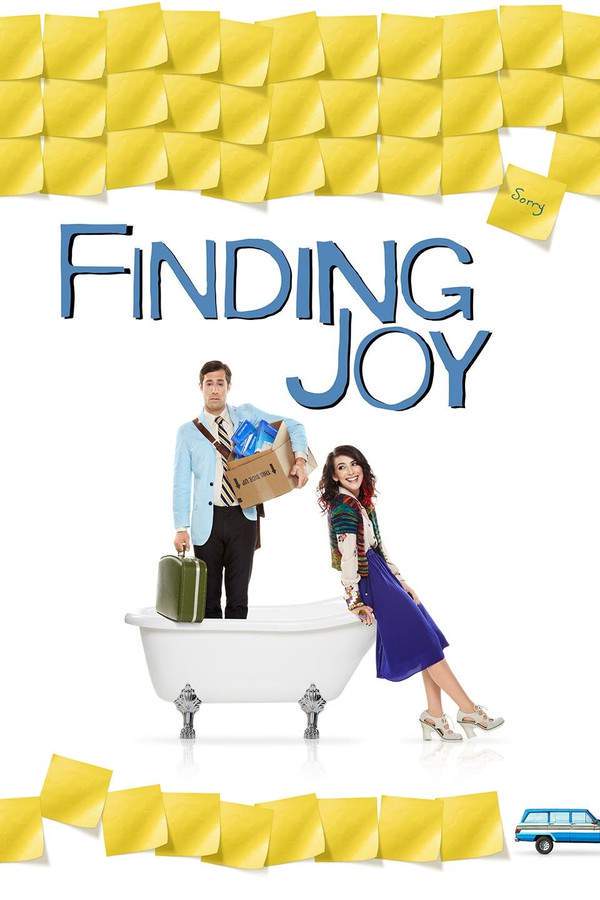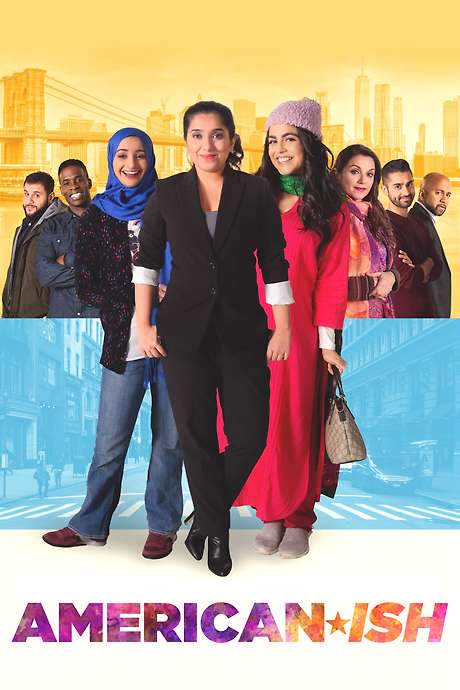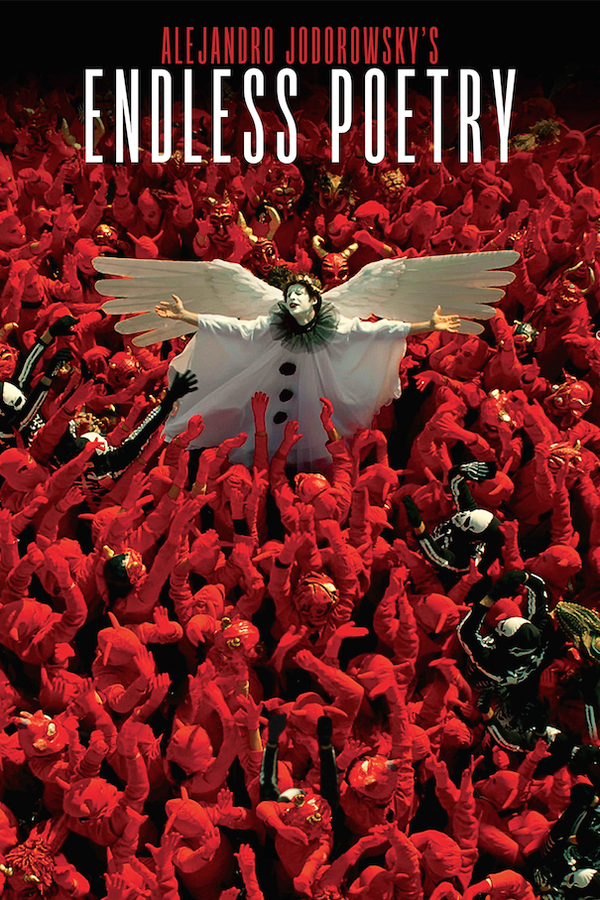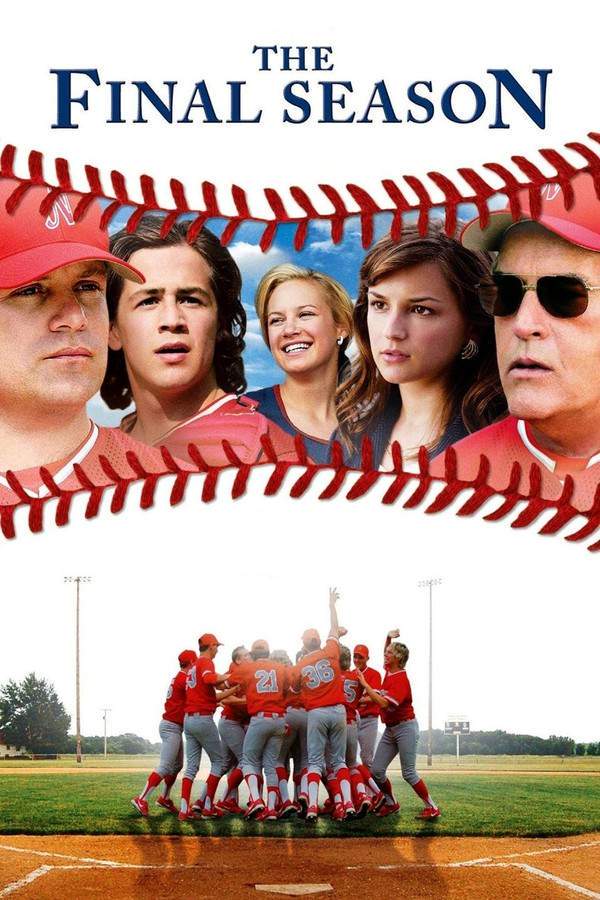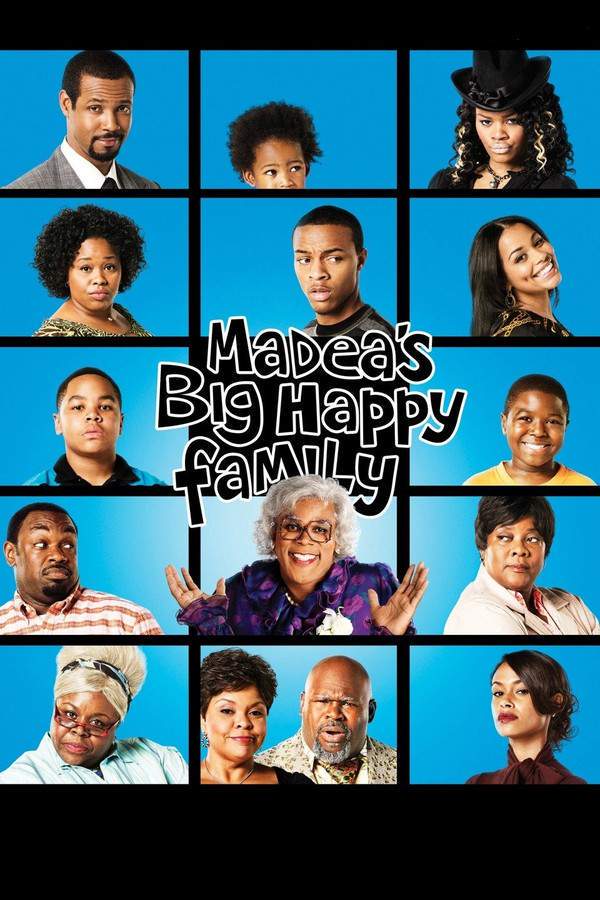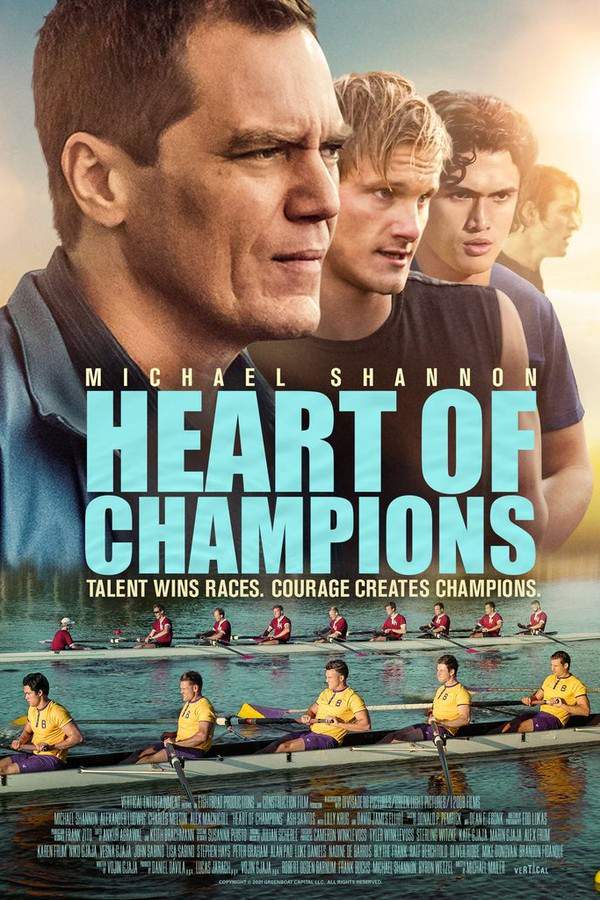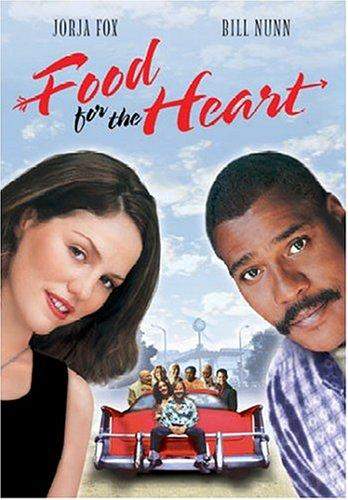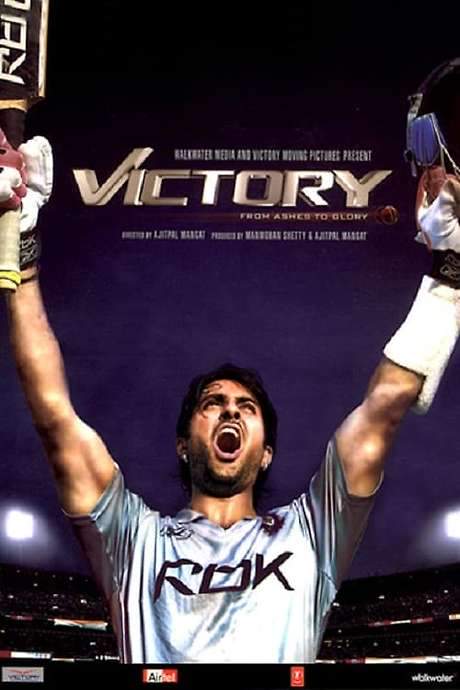
We Can Do That
Year: 2008
Runtime: 111 mins
Language: Italian
Director: Giulio Manfredonia
The story follows Nello, newly appointed director of a work cooperative for former psychiatric patients left adrift after Italy’s Basaglia Law closed state hospitals. Determined to empower rather than sedate his charges, he pushes them to develop skills and engage with the world, though his ambitious methods sometimes exact a heavy personal cost.
We Can Do That (2008) – Spoiler-Free Movie Summary & Plot Overview
Get a spoiler-free look at We Can Do That (2008) with a clear plot overview that covers the setting, main characters, and story premise—without revealing key twists or the ending. Perfect for deciding if this film is your next watch.
In the early 1980s Milan, a wave of social experiment follows the closure of Italy’s state psychiatric hospitals. The city is dotted with cooperatives that aim to give former patients a foothold in ordinary life, and the newly appointed head of one such workshop, Nello, arrives with a blend of activist zeal and economic ambition. Fresh from the trade‑union world, he carries a conviction that healing can be found not in sedation but in purposeful work, and he sets out to reshape the collective’s identity from a place of passive care to an arena of creative production.
The cooperative’s members, each bearing the scars of institutionalization, are encouraged to voice their ideas and assume roles that match their temperaments. Under Nello’s guidance, the group begins to explore market‑oriented projects, discovering a tentative pride in craftsmanship that had long been denied them. The atmosphere hums with a mixture of uncertainty and optimism, as the workshop’s assembly debates how far to push the boundaries between therapy and entrepreneurship.
Tension surfaces in the form of institutional expectations and medical conservatism. Dr. Del Vecchio, the resident physician, represents a cautious approach to treatment, while Dr. Furlan offers a more progressive perspective, hinting at possibilities that stretch beyond the cooperative’s modest walls. The personal lives of the participants—marked by budding friendships, quiet romances, and familial strains—intertwine with the collective’s struggle, creating a tapestry of human connection that feels both intimate and emblematic of larger societal shifts.
The film maintains a tone that balances gritty realism with moments of off‑beat humor, capturing the raw energy of a community in transition. It invites viewers to wonder whether empowerment through work can truly rewrite the narratives of those long left on the margins, and it leaves the future of the cooperative suspended in a state of hopeful anticipation.
Last Updated: October 11, 2025 at 19:41
Explore Movie Threads
Discover curated groups of movies connected by mood, themes, and story style. Browse collections built around emotion, atmosphere, and narrative focus to easily find films that match what you feel like watching right now.
Inspiring Community Stories like We Can Do That
Stories of unlikely groups coming together to build something meaningful against systemic challenges.If you enjoyed the cooperative spirit and collective journey in We Can Do That, you'll find similar hope and purpose in these movies. They showcase groups of people building something meaningful together against the odds, focusing on themes of empowerment, social change, and shared victories.
Narrative Summary
The narrative pattern involves an initial state of disarray or dysfunction within a group, which is then galvanized by a catalyst—often an outsider or a shared goal. The story progresses through setbacks and small wins, ultimately culminating in a significant achievement that validates the community's efforts and solidarity.
Why These Movies?
Movies in this thread share a core belief in the power of collective action. They mix earnest drama with a hopeful tone, creating an emotionally engaging experience that is both reflective and uplifting, centered on themes of systemic failure and social reintegration.
Movies with Bittersweet Triumphs like We Can Do That
Journeys where hard-won victories are shadowed by profound personal loss.For viewers who appreciated the blend of uplifting achievement and personal tragedy in We Can Do That, this collection features similar stories. These films balance hope with heartbreak, portraying characters who achieve their goals but not without paying a heavy emotional price, resulting in a deeply resonant experience.
Narrative Summary
The emotional journey follows a positive trajectory—a project succeeds, a community heals—but this upward path is punctuated by a major setback, often a personal tragedy like a death or betrayal. This event tempers the victory, making the finale feel earned and hopeful, yet deeply reflective and bittersweet.
Why These Movies?
These films are grouped by their unique emotional blend: they are fundamentally hopeful stories that are not afraid to confront dark, tragic events. This creates a specific, resonant vibe that is more complex than pure optimism, appealing to viewers who appreciate realism and emotional depth in their dramas.
Unlock the Full Story of We Can Do That
Don't stop at just watching — explore We Can Do That in full detail. From the complete plot summary and scene-by-scene timeline to character breakdowns, thematic analysis, and a deep dive into the ending — every page helps you truly understand what We Can Do That is all about. Plus, discover what's next after the movie.
We Can Do That Summary
Read a complete plot summary of We Can Do That, including all key story points, character arcs, and turning points. This in-depth recap is ideal for understanding the narrative structure or reviewing what happened in the movie.

We Can Do That Timeline
Track the full timeline of We Can Do That with every major event arranged chronologically. Perfect for decoding non-linear storytelling, flashbacks, or parallel narratives with a clear scene-by-scene breakdown.

Characters, Settings & Themes in We Can Do That
Discover the characters, locations, and core themes that shape We Can Do That. Get insights into symbolic elements, setting significance, and deeper narrative meaning — ideal for thematic analysis and movie breakdowns.

More About We Can Do That
Visit What's After the Movie to explore more about We Can Do That: box office results, cast and crew info, production details, post-credit scenes, and external links — all in one place for movie fans and researchers.


